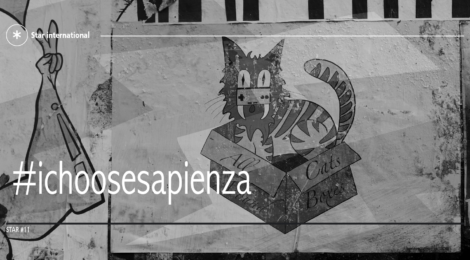
#Ichoosesapienza
Nashon Dussin Majaliwa is a biologist from Mozambique and now he is a student at the master’s degree in gene terapy of Sapienza University of Rome. We asked him why he choose to study in Italy and what are his dreams about his career as a scientists.
Can you introduce yourself?
I’m from Mozambique where I was graduated in biological science with habilitation in laboratory management. I worked in medical microbiology and molecular biology diagnostic at Universidade Eduardo Mondlane in Mozambique and then at ULisboa and at the Institute Gulbenkian de Ciência. Now I’m here in Sapienza, as student, because I think it’s a perfect place to be in this moment of my career.
You are now doing a master’s degree in genetics and molecular biology here in Sapienza. How did you choose between the different classes and why did you choose gene therapy?
I’m really passionate about medical genetics so I chose gene therapy because I was interested in how we can use a genetic approach to solve problems related to the health. Moreover, it’s a field that is not well known in Mozambique and I think that gene therapy is going to be useful to implement in my own country so I want to learn as much as possible about it.
Why Sapienza?
I came here thanks to a scholarship that was provided by a university program. This project has many collaborations with Italian universities. Among these I choose a Sapienza because it’s an excellent university for natural and life science studies. Moreover, I knew many scientists that were working there in the field of my interests.
Which are the differences between your bachelor and master’s experience?
There is kind of a link on both fields I studied, biological science and genetics, and I think that what I’m doing now it’s a specialization of what I did before. I’m really interested in what I’m studying during my master’s degree, genetics and molecular biology, because it’s related to biological science which is my favorite field but I’m also being able to deeply learn genetics.
When did you come here?
I came last year but a little bit later than the start of the master so now I’m trying to catch up what I didn’t do in the first semester.
As a student of this master you must do an internship in a laboratory and you also had past experiences in Mozambique. Can you tell us more about it?
In Mozambique I worked as assistant researcher at faculty of Medicine in the Department of Microbiology. My interests were genetic of pathogen in particular I worked with Helicobacter pylori, a bacteria that colonize the gastric mucosa and causes many different diseases. I also had a kind of fellowship through institute Gulbenkian de Ciência, in Portugal, where I worked on the same topic. Both these experiences made me really passionate about genetics of pathogen. Now I’m working in department of infectious diseases of the Policlinico Umberto I with Professor Alessandra and in the department of biology and biotechnology with Professor Bianca Colonna, and we are working with bacteriophage against Acinetobacter baumannii which I think it’s going to be the topic of my thesis.
You did a lot of experiences in Mozambique, Portugal and now in Italy. It’s because of the science?
It’s a long journey where I’m trying to do as much as possible to achieve my goals. When I was born, my dream was to become a medical doctor or a scientist. For different reasons I didn’t manage to become a medical doctor but I can still become good scientist. So I’m constantly searching for new opportunities that would make me the scientist I’ve always wished to be. That’s why I’ve moved a lot around the world. I want to become a great scientist and I want to make a positive impact for my community.
What is for you a characteristic of a good scientist?
A good scientist must question about everything he sees, he must accept any challenges and know how to overcome these challenges. Lab life is somehow funny but also challenging so an important characteristics is to have passion that pushes you to be who you want to be.
What’s next?
Science is competitive. So, to be a strong scientist, my next plan is to do a Ph.D. Because it’s not just a degree. A Ph.D gives you the requirements to solve all the problems that you are going to face. And this have also a positive impact in our communities.
What do you want to study in your Ph.D? and where?
I would like to link three areas: environment, human health, and animal health. So, I think I would do a Ph.D. in one health, infectious diseases or public health.
What kind of impact to you want to make to the community? Is there a specific goal you want to reach?
My goal is to make a change in our society. For example, Helicobacter pylori, the bacteria I worked on, has been recognized by W.H.O. as a pathogen that demand an intervention because it’s resistant to the several antibiotics and as carcinogenic type one because it causes gastric cancer. In Africa, we don’t have many scientists interested in that bacteria so I want to study his molecular microbiology and to associate this infection to the several endoscopic and histopathology findings. This could give me the ability to solve the problems of people living with gastric cancer. This is only one of the things that I can do with my genetic and molecular biology and biology knowledge.
Nashon Dussin Majaliwa, student of the genetics and molecular biology degree course at Sapienza University of Rome
Mattia La Torre, biologist and type A researcher at the “Charles Darwin” Department of Biology and Biotechnology of Sapienza University of Rome
Sofia Gaudioso, biologist and science communicator, Sapienza University of Rome
Carmine Nicoletti, expert technician from Sapienza University of Rome




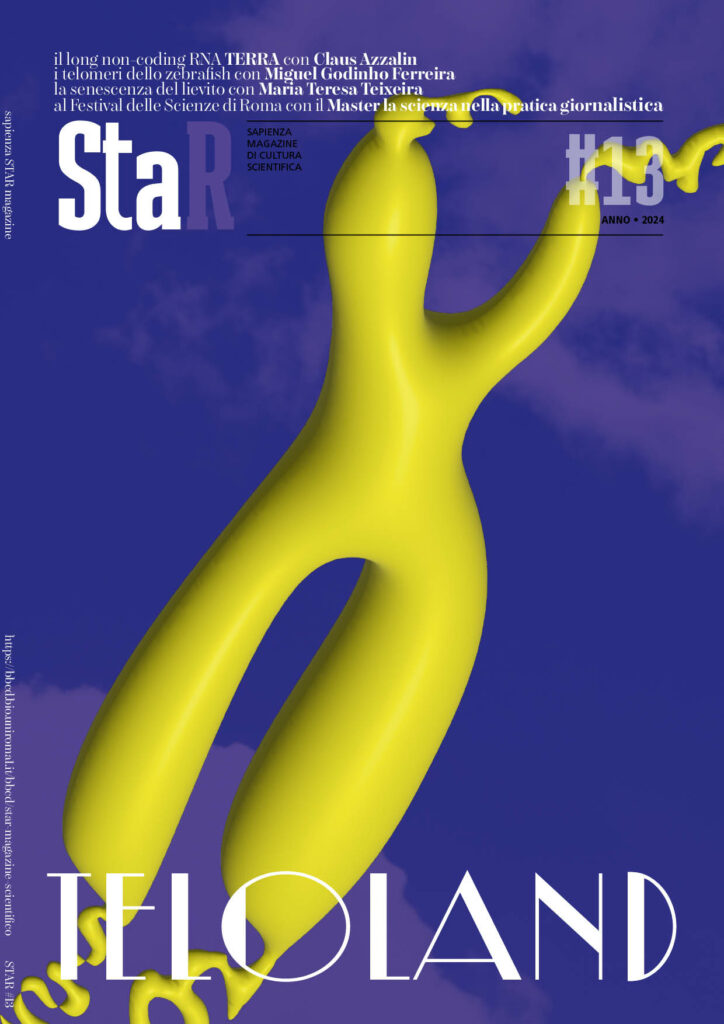



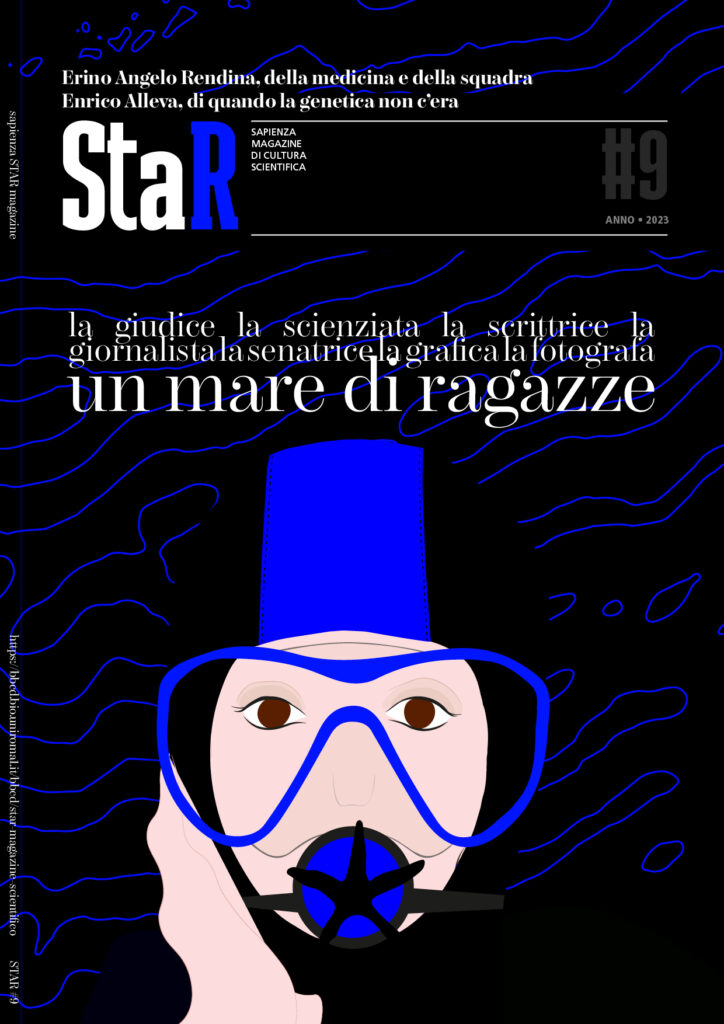
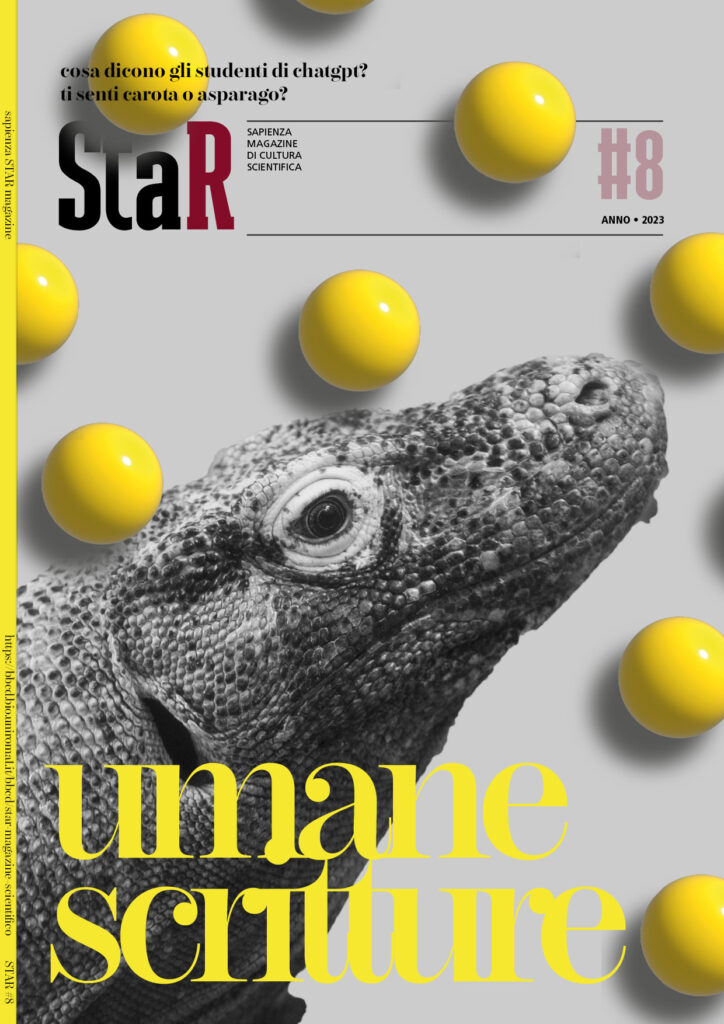
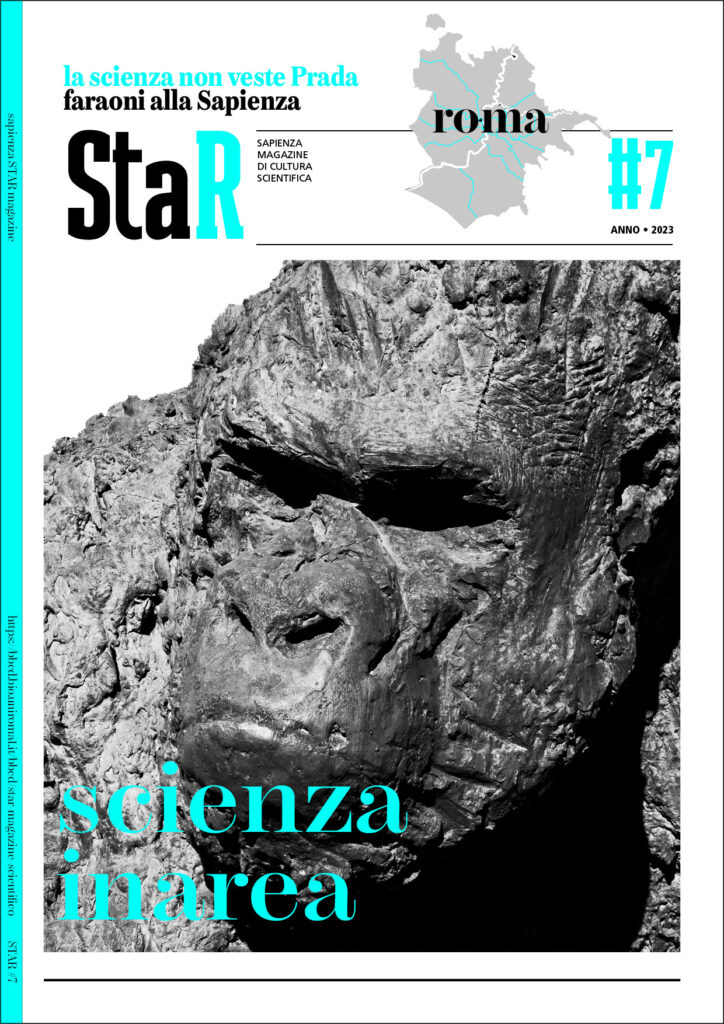

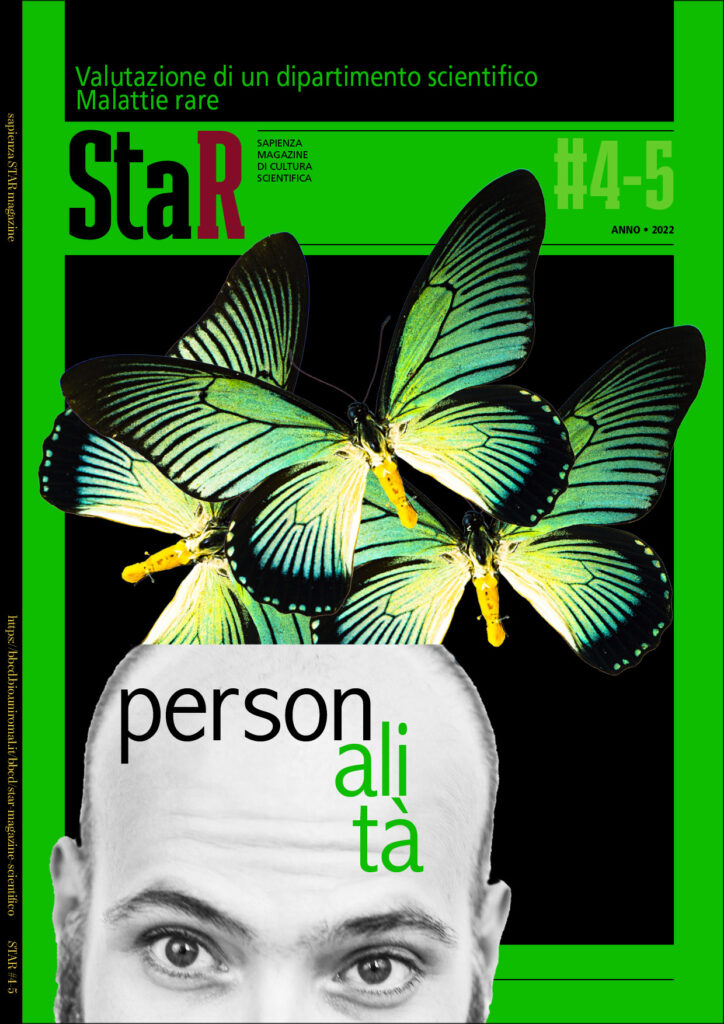

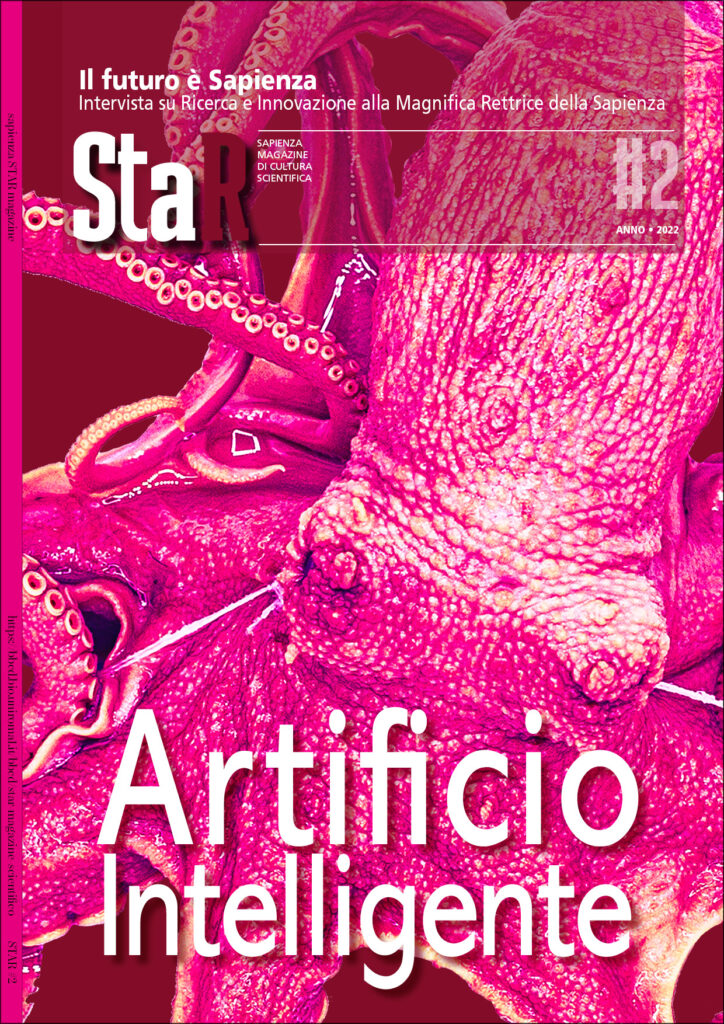

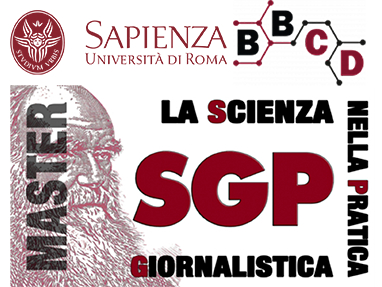
Commenti recenti